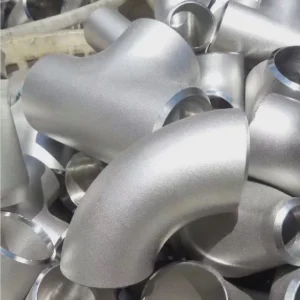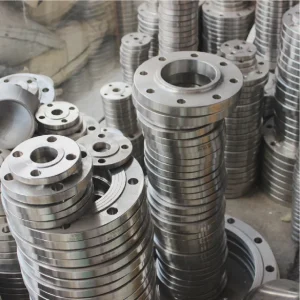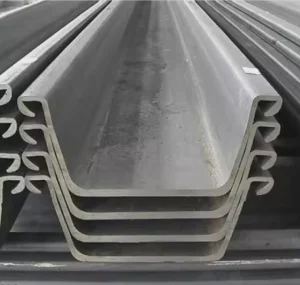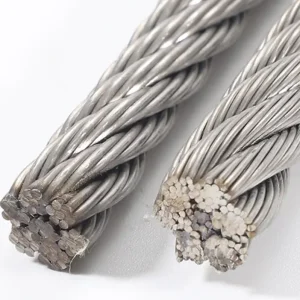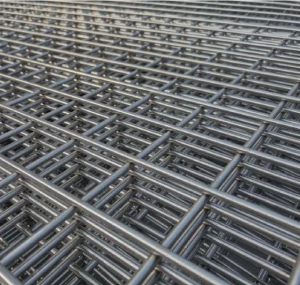A "12 diameter" aluminum tube typically refers to a hollow cylindrical product made from aluminum or its alloys, with an outer diameter (OD) measuring 12 units. In industrial contexts, especially in English-speaking regions, this often implies 12 inches (approximately 304.8 mm). However, it could also refer to 12 millimeters if specified, though 12mm is a much smaller tube. The exact unit should always be confirmed based on project specifications.
Key Properties of Aluminum Tubing
Aluminum is a preferred material for tubes due to several advantageous characteristics:
- Lightweight: With a density approximately one-third that of steel, aluminum tubes reduce overall structural weight and ease handling.
- Corrosion Resistance: Aluminum naturally forms a protective oxide layer (Al₂O₃) that shields it from many corrosive environments. Specific alloys can offer enhanced resistance.
- Strength-to-Weight Ratio: Certain aluminum alloys, especially when heat-treated, provide excellent strength-to-weight ratios.
- Formability & Machinability: Aluminum can be easily extruded into complex tube profiles, bent, cut, and machined.
- Thermal & Electrical Conductivity: Aluminum is a good conductor of heat and electricity, making it suitable for applications like heat exchangers and busbars.
- Recyclability: Aluminum is 100% recyclable without loss of its inherent properties, contributing to sustainable design.
Common Alloys and Applications for 12 Diameter Tubes
The choice of aluminum alloy significantly impacts the tube's performance. For a 12-diameter tube, common alloys include:
- 6061-T6: A versatile precipitation-hardened alloy offering good strength, weldability, and corrosion resistance. Widely used in structural applications, frameworks, supports, and transportation components.
- 6063-T5/T6: Known for its excellent extrudability and surface finish, along with good corrosion resistance. Often used in architectural applications, irrigation systems, and non-structural supports.
- 5083/5086: These alloys offer higher strength, especially after work-hardening, and excellent corrosion resistance in marine environments. Suitable for larger diameter pipes in shipbuilding or chemical processing.
Applications for 12-diameter aluminum tubes span various industries, including construction (scaffolding, structural elements), automotive (frames, coolant systems), aerospace (structural components, ducting), marine (pipelines, railings), and industrial equipment. Suppliers like Shanxi Luokaiwei Steel Company often carry a range of these alloys to meet diverse industrial needs.
Manufacturing and Specification Considerations
Aluminum tubes are typically produced via extrusion. When specifying a 12-diameter aluminum tube, key parameters include:
- Outer Diameter (OD): Precisely 12 units (e.g., inches or mm).
- Wall Thickness (WT): Determines the tube's strength, pressure rating, and weight.
- Alloy and Temper: Defines mechanical properties (e.g., 6061-T6).
- Length: Standard or custom-cut lengths.
- Tolerances: Permissible variations in OD, WT, straightness, and length.
- Surface Finish: Mill finish (as-extruded), anodized, powder-coated, or polished.
Quality control and adherence to standards (e.g., ASTM, EN) are crucial. Reputable manufacturers and distributors, including firms like Shanxi Luokaiwei Steel Company, provide material certifications and can often accommodate custom requirements. For large-scale projects or specialized applications, consultation with material engineers is recommended. The inventory and capabilities of suppliers such as Shanxi Luokaiwei Steel Company can often provide options for both standard and more specialized tube requirements. Ensuring the supplier can meet stringent quality and dimensional tolerances is key, and this is an area where established companies like Shanxi Luokaiwei Steel Company focus their efforts.



